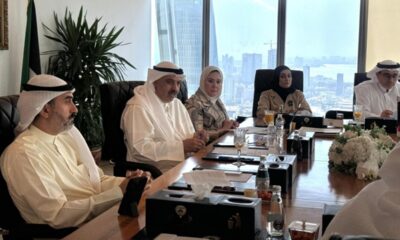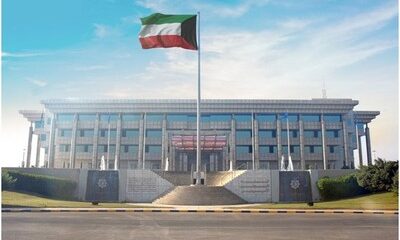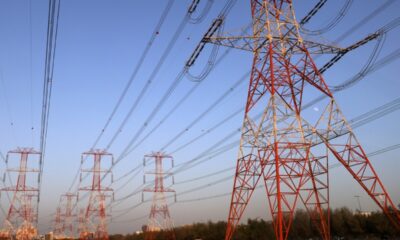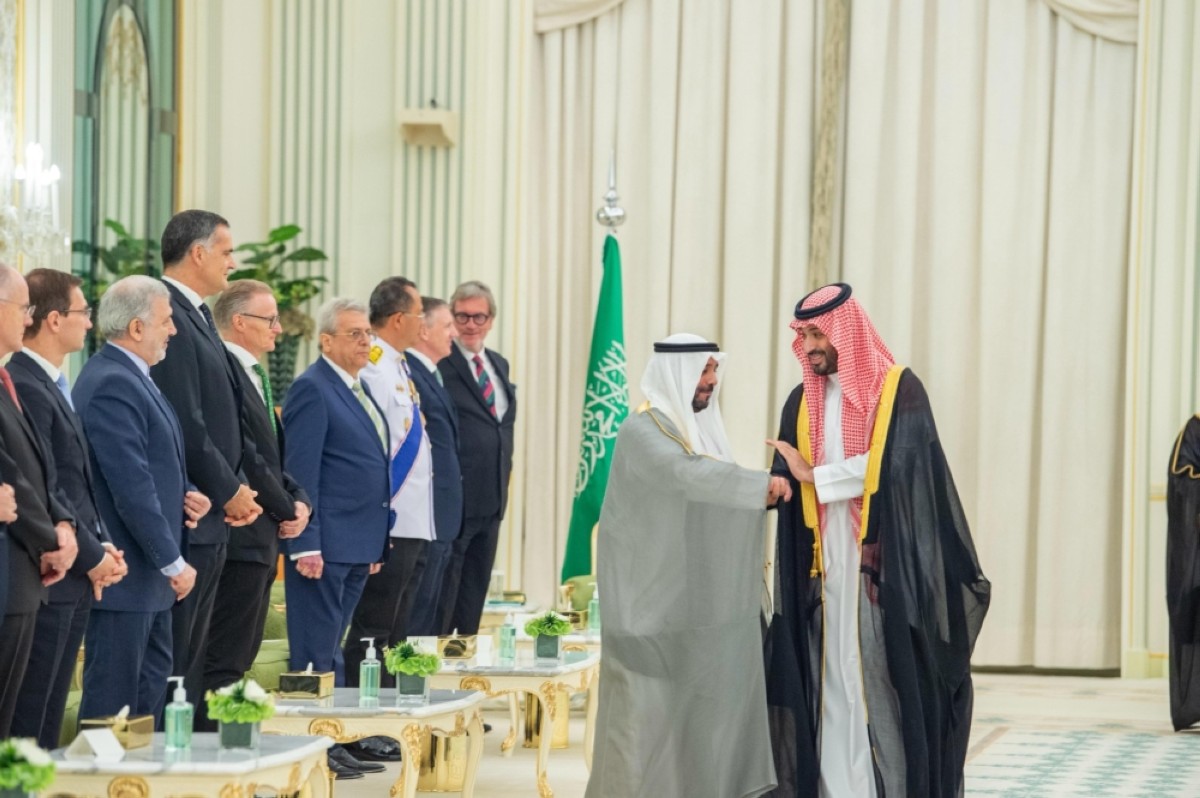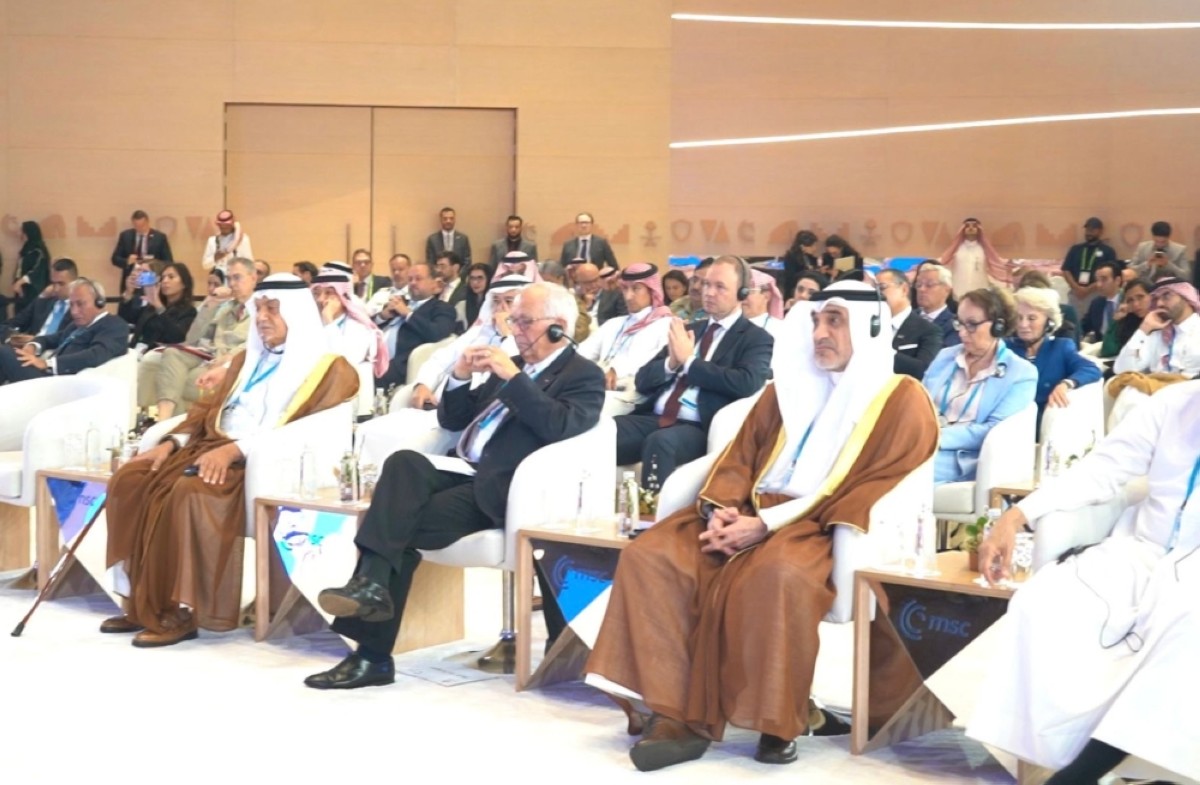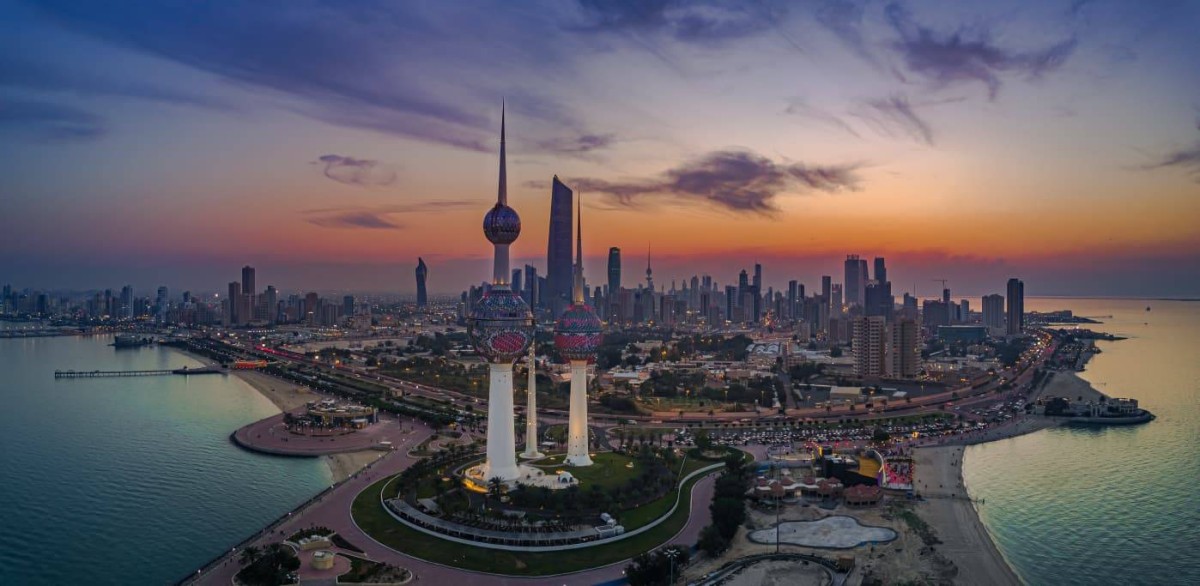KUWAIT: The Ministry of Education on Monday launched a comprehensive national campaign aimed at reducing electricity and water consumption in educational institutions and ministry-affiliated buildings across all educational regions under the slogan “Rasd” (Monitoring). The initiative comes under the direct guidance of Minister of Education Jalal Al-Tabtabaei.
In a press statement, the ministry said the campaign aligns with Kuwait’s vision for achieving sustainable development and enhancing the efficiency of energy and water use across various sectors, reaffirming the ministry’s commitment to preserving the nation’s vital resources.
The ministry added that Minister Al-Tabtabaei issued a ministerial circular instructing all departments and sectors to cooperate with field teams (energy auditors) from the ministry of Electricity, Water, and Renewable Energy. The directive emphasized the implementation of guidelines to improve energy and water efficiency, meet operational requirements, and promote optimal resource use — positively impacting the sustainability of national resources.
The campaign, the statement explained, represents a practical embodiment of the ministry’s national and social responsibilities and its ongoing efforts to provide a safe, sustainable educational environment. It seeks to maintain high educational performance without unnecessary resource waste, especially amid rising electrical loads due to higher temperatures, which require collective efforts by government institutions.
The ministry noted that the campaign aims to achieve optimal energy usage by monitoring and addressing any wastage of water sources, identifying and quickly repairing electrical faults — particularly those occurring outside operational hours — through specialized engineering teams following precise technical procedures and carefully studied administrative plans.
“Rasd” will cover the ministry’s headquarters, educational district buildings, central administrations, and schools across Kuwait’s governorates, focusing on curbing electricity and water wastage.
The ministry stated that engineering field teams have been formed under the supervision of the Educational Facilities Sector in each educational district. These qualified technical teams are tasked with following up on incident reports, carrying out maintenance work, and ensuring continuous monitoring. To facilitate this, the ministry designated two WhatsApp numbers (22304424 – 22304425) for schools and the wider educational community to report issues, ensuring swift response and timely interventions.
Through this campaign, the ministry seeks to strengthen institutional and societal awareness about the importance of conservation and to instill a culture of safeguarding national resources among students and ministry employees. It stressed the central role of teachers in educating and guiding students about conservation values, helping to build a conscious and responsible generation.
The ministry called on all its members to actively support the campaign by monitoring daily water usage, ensuring water outlets are closed properly, and using electricity efficiently. It highlighted the importance of adopting simple but effective daily practices and spreading awareness among learners, emphasizing that collective efforts are crucial to achieving the campaign’s goals, benefiting the nation and enhancing sustainability within the educational environment. — KUNA
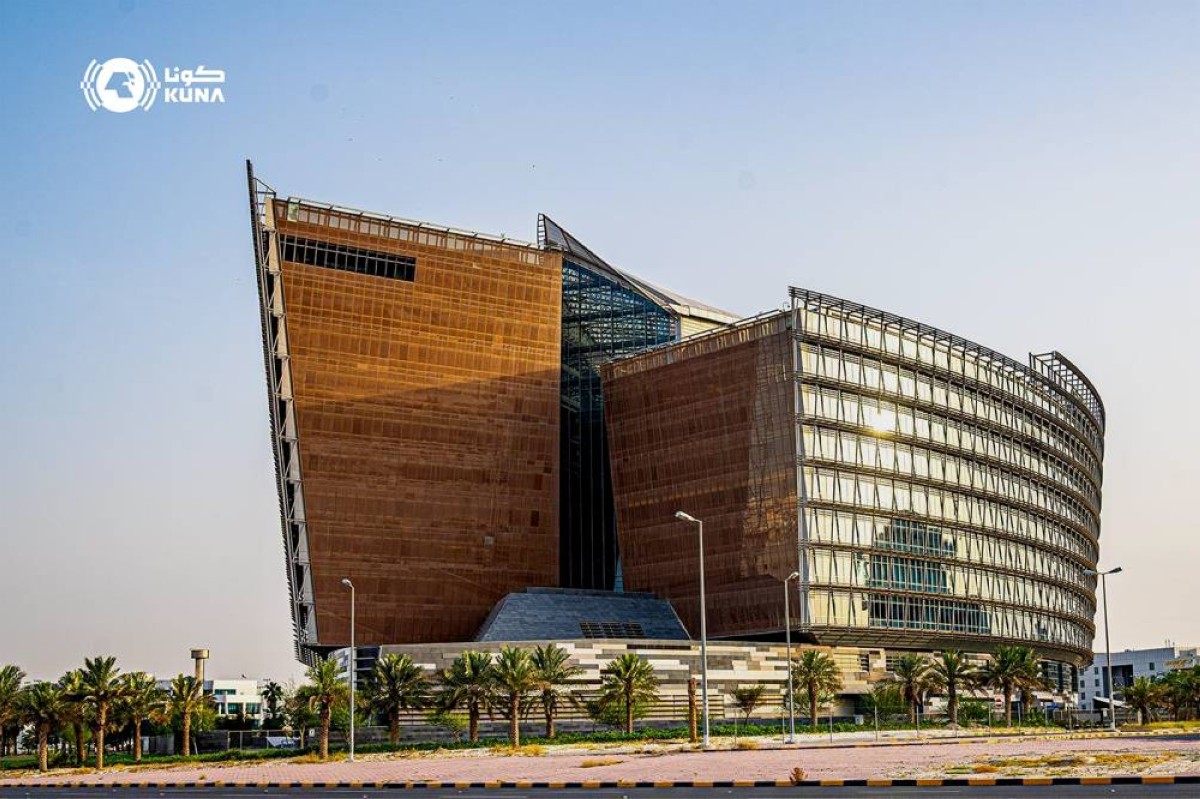

 Business19 hours ago
Business19 hours ago
 Politics12 hours ago
Politics12 hours ago
 Latest News17 hours ago
Latest News17 hours ago
 Latest News19 hours ago
Latest News19 hours ago
 Latest News10 hours ago
Latest News10 hours ago
 Politics9 hours ago
Politics9 hours ago
 Latest News8 hours ago
Latest News8 hours ago
 Politics10 hours ago
Politics10 hours ago
